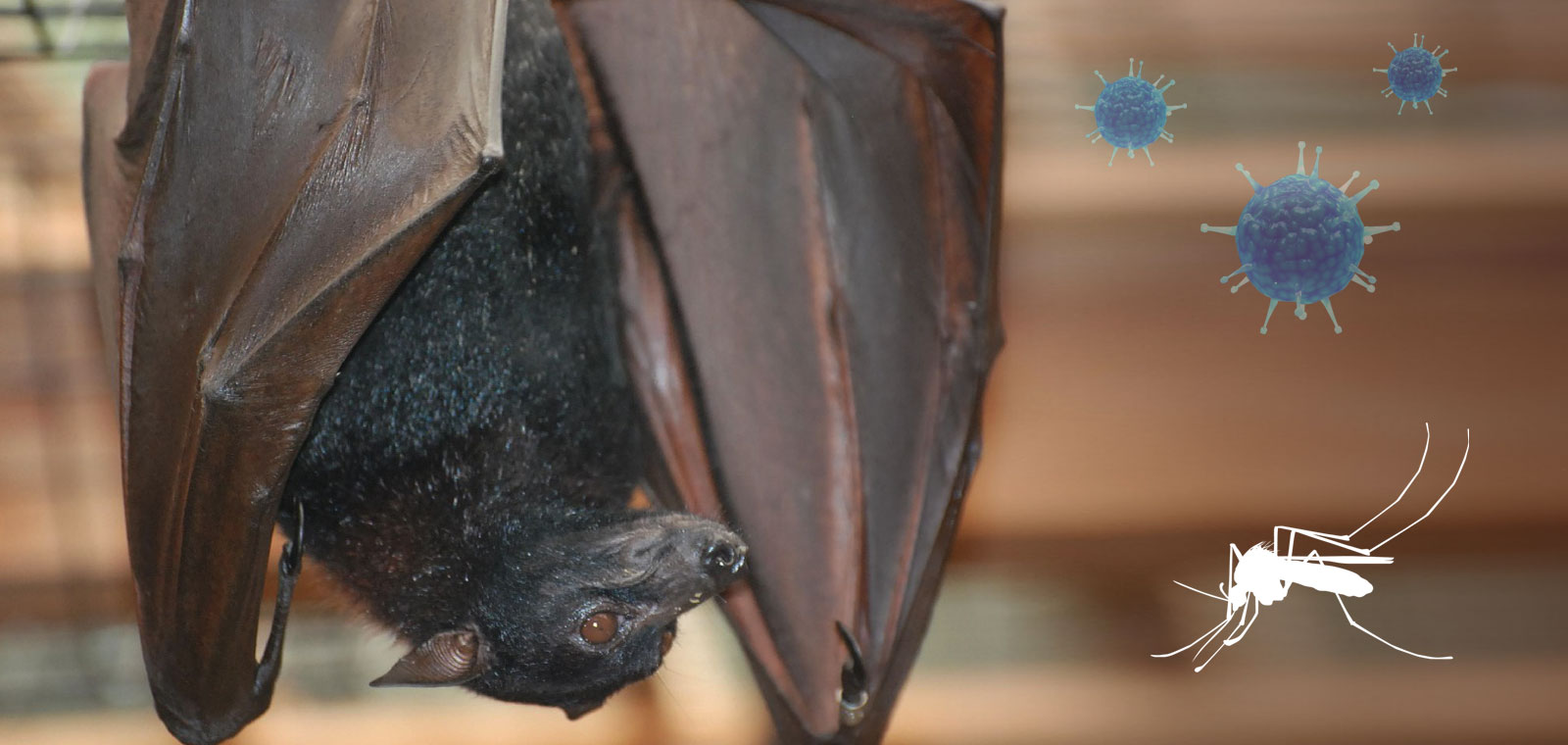
We are currently in the midst of the coronacrisis. The advice by the National Institute for Public Health and the Environment emerges a clear picture. Stay indoors as much as possible, keep a distance of 1.5 meters, cough in elbows or tissue paper. And wash your hands frequently. The question is how to deal with outbreaks of pathogens in the future. Good to know is where they come from.
We travel more and more, taking diseases to other countries unnoticed. Climate change also plays a role. But what is very important is our interaction with animals.
Transmission from animals to humans
We have already given the answer to the question where many diseases come from. From animals. We are talking of zoonoses. These are diseases that can spread to humans by infection through animals. The coronavirus is the most recent example. Diseases such as AIDS, dengue fever, West Nile fever and bird flu are other examples.
Treating animals and each other
The bottom line is that we have to pay close attention to how we treat animals. We must always remain alert to good hygiene to prevent pathogens from transmitting from animals to humans. But if that does happen, we must be very alert that it does not spread from person to person. What makes hygiene also important to ourselves.
But sometimes things go wrong. That is why research is very important. Research into vaccines and medicines, but also how pathogens operate. And how our immune system responds to them. The more scientists know about known viruses, the faster they can respond to new threats. The rapid progress of research into vaccines and drugs against the coronavirus is partly due to previous research into other coronaviruses such as MERS and SARS.
What does BPRC do?
BPRC too, conducts research into zoonoses. For example, our Virology Department is working on Rift valley fever, dengue fever, West Nile fever, AIDS, and currently Covid-19 as well. (You can read more about our research areas on our site.)
Chinese researchers have shown that rhesus monkeys are susceptible to corona and are immune after infection. Since the immune system of rhesus monkeys is very similar to that of humans, they are an important piece in the big puzzle to a vaccine.
That is why it is important that we ensure that our monkeys do not accidentally get infected with the virus. After all, we can no longer use immune animals in corona studies. This is why we must protect our monkeys well. More information can be found in this news article.

